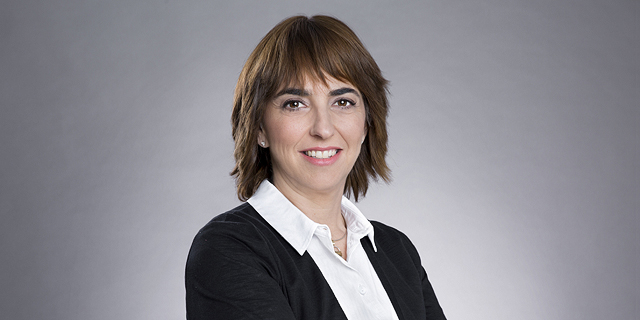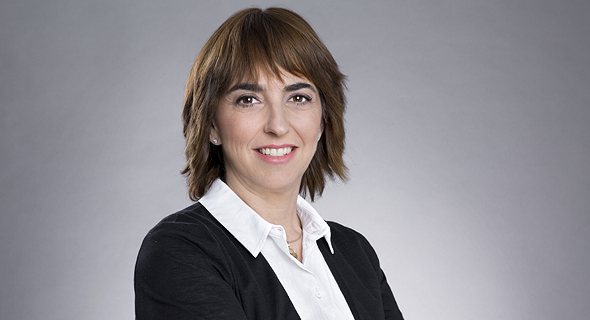
“We are concerned about the over-exuberance we’re seeing in the markets”
ISA’s Sarah Kendler is glad to see tech companies call Israel home, but expresses worry over riskier investment practices arriving to Tel Aviv
Meir Orbach | 17:34, 01.02.21
Despite the recent surge in tech company IPOs in the Tel Aviv Stock Exchange (TASE), Sarah Kendler, who heads the corporate division of the Israel Securities Authority, is expressing concern over the possibility that a bubble is emerging and from the abundance of R&D partnerships that are being traded, and is already thinking of the best steps to protect investors. Kendler spoke to Calcalist reporter Sophie Shulman during Calcalist’s Capital Markets online conference.
This was the year of technology companies in the Tel Aviv Stock Exchange. We witnessed many IPOs, some with earnings and some with profits. What are the figures that lay this out?
“2020 was a year of change in the stock market when it comes to technology. There were 27 new issuances that hit the market and 20 of them were of tech companies. Even now we are examining prospectuses from more than 40 tech companies across all categories: fintech, cleantech, agrotech, medical devices, and more. And those are just based on the Q4 reports. We have indications for larger numbers later in the year.”
Is a bubble developing here similar to what is being felt in the U.S.?
“We are happy to see technology companies finally see Israel as their home. We did a lot over recent years to encourage and grow the public market and we think it is the right move. We really wanted to link the Israeli tech industry to the capital market because we think it is good for both the companies and for investors. What we had was a sector that enjoyed huge success without the public being part of it. For investors, it is a way to diversify their assets and for the companies, it is an excellent source of funding, so we are very pleased about what is taking place. On the other hand, we are concerned about the over-exuberance we’re seeing in the markets. Our primary job is to protect the investing public, so due diligence is of utmost importance. Many companies come to us at early stages and with no funding and we insist that they mark on the cover of their IPO prospectus that there is a chance that buyers will lose all their investment.”
What is your opinion of R&D partnerships? Is there a cause for optimism on that front?
“The answer is that we’re slightly concerned about that field, it is incredibly hyped, five R&D partnerships are already being traded and there are a few outstanding drafts for others piled on our desks. So even though we encourage the public market, we also want to deepen the diligence in this field. Investing in an R&D partnership means investing in an entrepreneur and his or her reputation and we think that there should be more due diligence done about their background and history, their failures, and of course their successes too. We are also considering increasing the commitment of the financial partner so that they are required to invest larger sums, and in that way bring the institutional investors into the game, have them do their job, and be involved in managing the partnership.”
In light of the success of special purpose acquisition companies (SPACs) in the U.S., are you considering making use of such mechanisms in Israel?
“We do have thoughts along those lines, we are monitoring how things are playing out in the U.S. We see them primarily as a risky asset. On the scale of financial assets, SPACs are relatively dangerous, but we are seeing a demand from them here in the market, so it’s on my desk too. We won’t’ however, allow SPACs before we are certain that all the investor protection mechanisms are in place.”
Addressing the issue of book building IPOs, Kender said that while the method was in the lawbooks for years, in Israel, it has only become common practice in the last couple of years. “We see a great advantage in using this method to grow the public market because it is a common method all over the world that brings foreign investors and foreign underwriters to Israel, which increases the size of the public market.”
